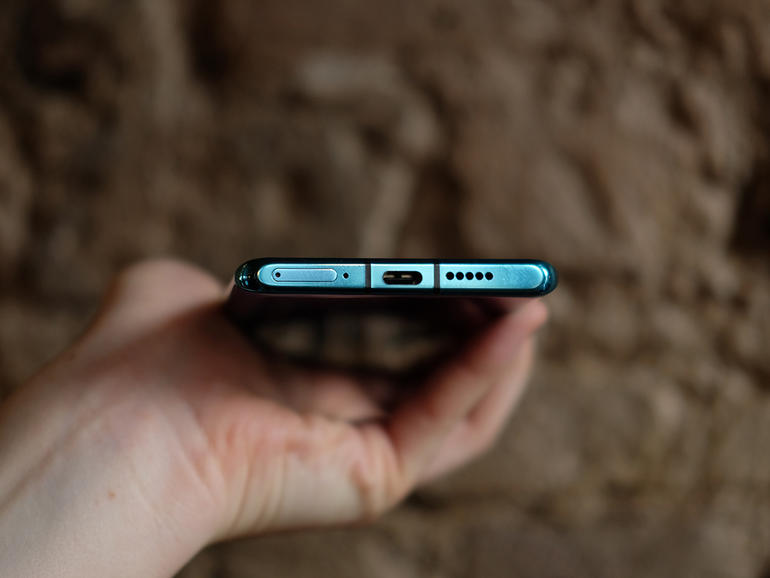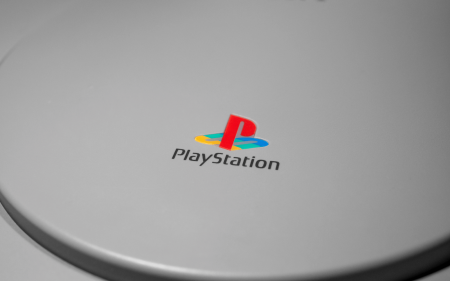It sounds surprising but charging cables have been a bit of a hot topic recently. Such a hot topic, in fact, that even the EU has joined the conversation, and has proposed that electronics manufacturers be forced to have their devices conform to USB-C charging standards. This would, in its eyes, cut down on the amount of e-waste caused by people throwing out old chargers and buying new ones when their new smartphone or tablet turns up with a new port.
The EU wants to see more USB-C
The proposal comes by way of the European Commission, which calls it “an important step against e-waste and consumer inconvenience”. The proposal looks to revise the Radio Equipment Directive, and would require that electronics manufacturers fit their phones, tablets, cameras, headphones, handheld consoles and portable speakers with fast-charge USB-C ports.
Additionally, the proposal looks to unbundle the sale of chargers from new devices, rather relying on the assumption that consumers buying new devices will be able to use the chargers from their old ones with them. Apple has actually proposed this in the past, though the internet at large was sceptical as to the company’s motives.
Manufacturers will also be mandated to provide customers with, “relevant information about charging performance, including information on the power required by the device and if it supports fast charging,” reads the EU’s official statement.
“Chargers power all our most essential electronic devices,” says Commissioner Thiery Breton. “With more and more devices, more and more chargers are sold that are not interchangeable or not necessary. We are putting an end to that. With our proposal, European consumers will be able to use a single charger for all their portable electronics – an important step to increase convenience and reduce waste.”
Now, many manufacturers basically already do the former of these revisions, but if you’ve got a keen eye you’ll have already seen who this might be the biggest pain for: Apple. The Californian tech giant has long been chided for its use of proprietary charging ports, like the Lightning port. A spokesperson told Reuters, “We remain concerned that strict regulation mandating just one type of connector stifles innovation rather than encouraging it, which in turn will harm consumers in Europe and around the world.”
Which is exactly what Apple would say. That said, the proposal doesn’t affect wireless charging, so if Apple really wants to flex its innovation muscle it can feel free to do so in that realm.
Before the proposal becomes law, it needs to be voted on in the European Parliament. After that, assuming it passes, manufacturers will have 24 months to comply.




